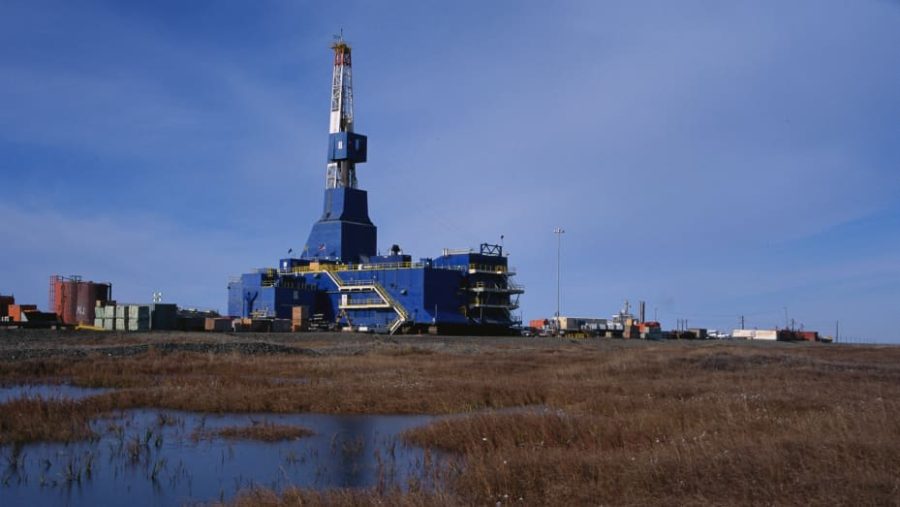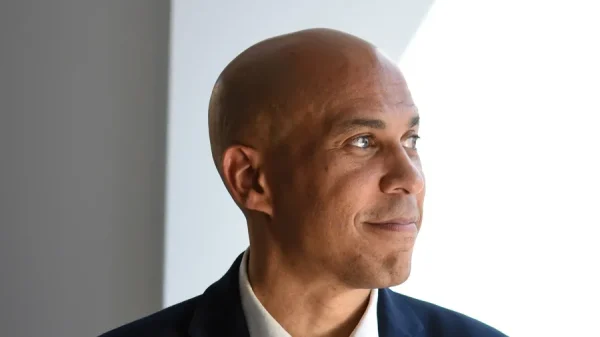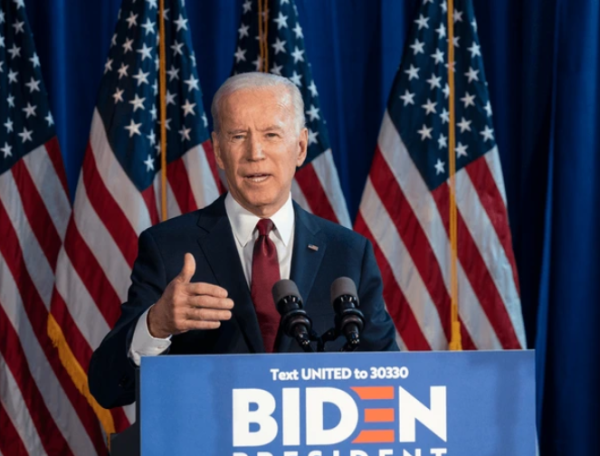Biden Administration approves oil drilling project
President Joe Biden officially approved the Willow Project, a proposed oil and gas drilling venture in Alaska, on March 13, 2023, despite strong objections from environmental activists.
The National Petroleum Reserve is owned by the federal government and is the location for the Willow Project. The Biden administration estimates the project could generate enough oil to release nearly ten million metric tons of carbon pollution a year. The approval of this project has sparked public outrage from climate groups who argue that the drilling is calamitous to the environment. One million letters have been written to the White House expressing disapproval of the project. Activism against the Willow Project has also started online, with a Change.org petition reaching one million signatures. Humanities freshman Skylar Dash reflects on the widespread protest.
“Even though hundreds of thousands of people have signed against the project, the government still turned away from the voices of the people,” Dash said. “Unless others take stronger and more noticeable steps to protest against the project, I think that nothing will change.”
Various social media platforms and content creators have discussed the negative implications of the project’s approval over the positives, and global junior Olivia Cong noticed a common trend of the younger generation’s opposition.
“I have seen some short but very informative slides on Instagram and TikTok,” Cong said. “They usually show images of the more damaging effects of climate change.”
The Willow Project has had an effect on politics as well as the environment. The Willow Project is one of the very few oil ventures that was approved solely by President Biden without a congressional mandate. This project contrasts previous statements that Biden has made in regard to climate change and many argue that he is breaking his promises to steer America away from its dependence on fossil fuels.
“The president’s approval contradicts his promises for climate goals in the future, specifically reducing carbon emissions as well as investing in clean energy,” Cong said. “A main point of his promise had also included 100% clean energy by 2035.”
Contrastingly, state lawmakers have expressed their widespread support for the project, looking forward to the creation of new jobs, an increase in domestic energy production, and a decrease in the country’s reliance on foreign oil.
Global junior Kailie Park has shared how the project would set oil as the standard for future energy sources rather than moving toward renewable energy.
“There will be short-term benefits for our generation by providing jobs but it exploits Alaska’s resources,” Park said. “This will ultimately worsen climate change and potentially cause irreversible damage in the future.”
Safeguards have been placed on the project that prevents unnecessary harm to the surrounding area. The White House has prohibited the Arctic Ocean from becoming subject to oil or fuel projects in the future. Additionally, 16 million acres of land are also off limits from any future drilling in order to avert possible dangers to animals living in that area.
Dash argues that these preventative measures are insufficient.
“The Willow Project only benefits the country in terms of economics and potentially more resources,” Dash said. “But at the end of the day, there will be nothing to spend the money on or things to use the oils and natural resources on if there’s no Earth to begin with.”

Kelly Pan is a senior in the Humanities program. Her favorite song is “I Wish You Would” by Taylor Swift and one fun fact about her is that she taught...

Shalini Pandey is a freshman in the Humanities program and this is her first year writing for The Pulse. Her favorite TV characters are Elmo and Emily...








